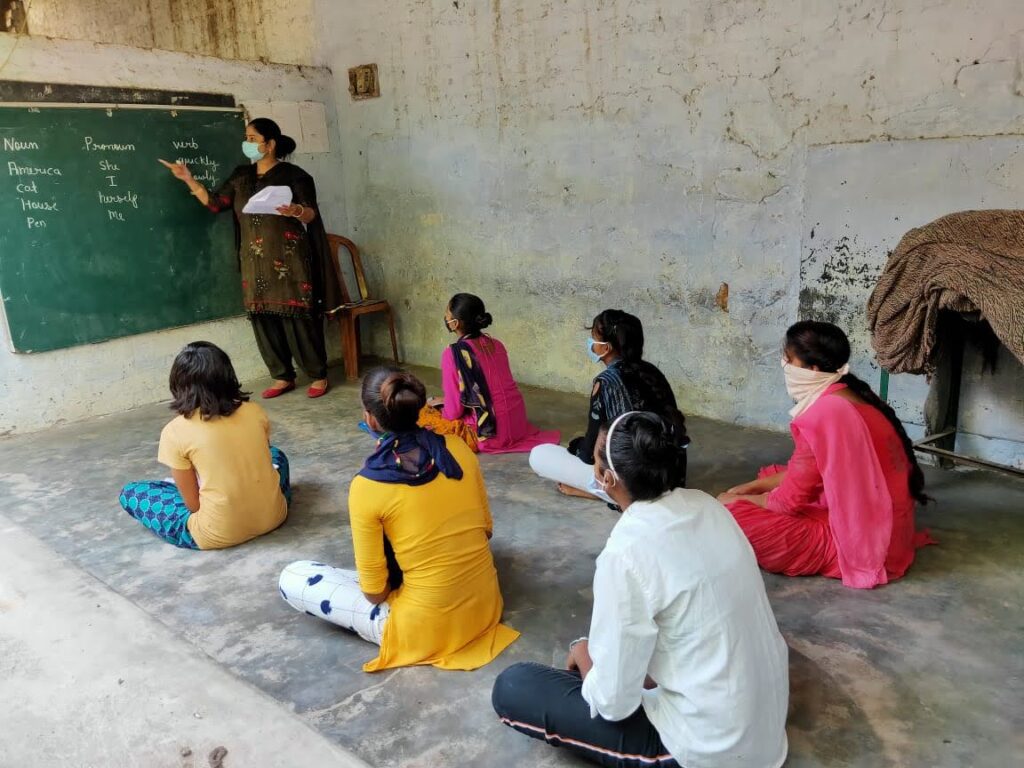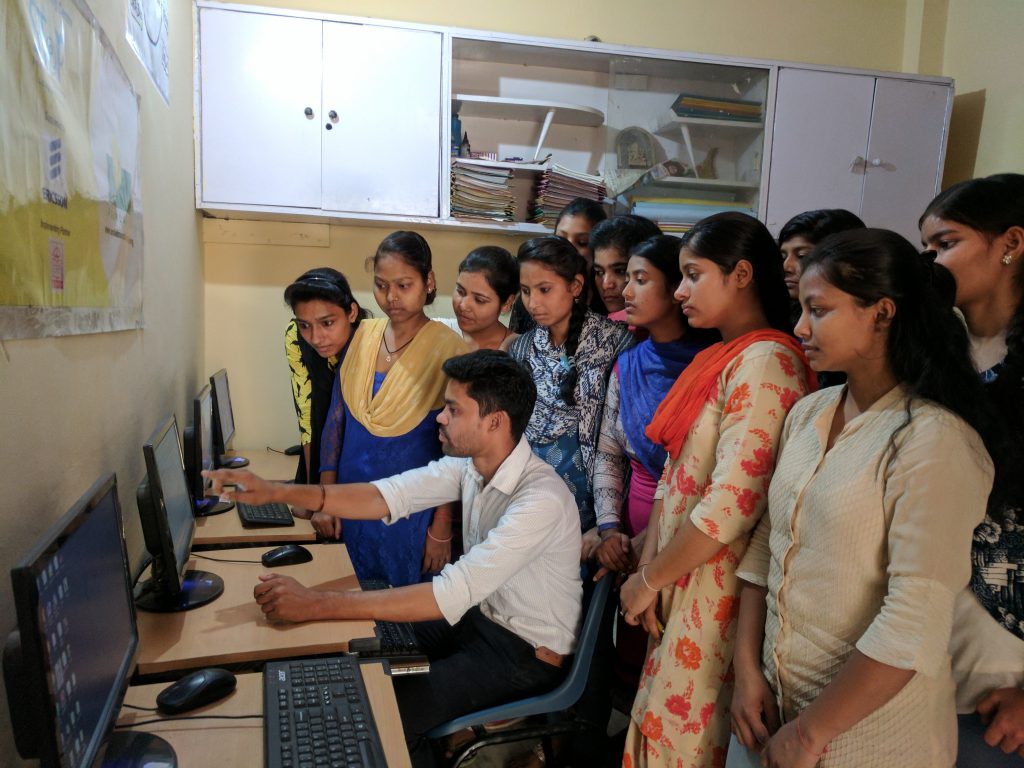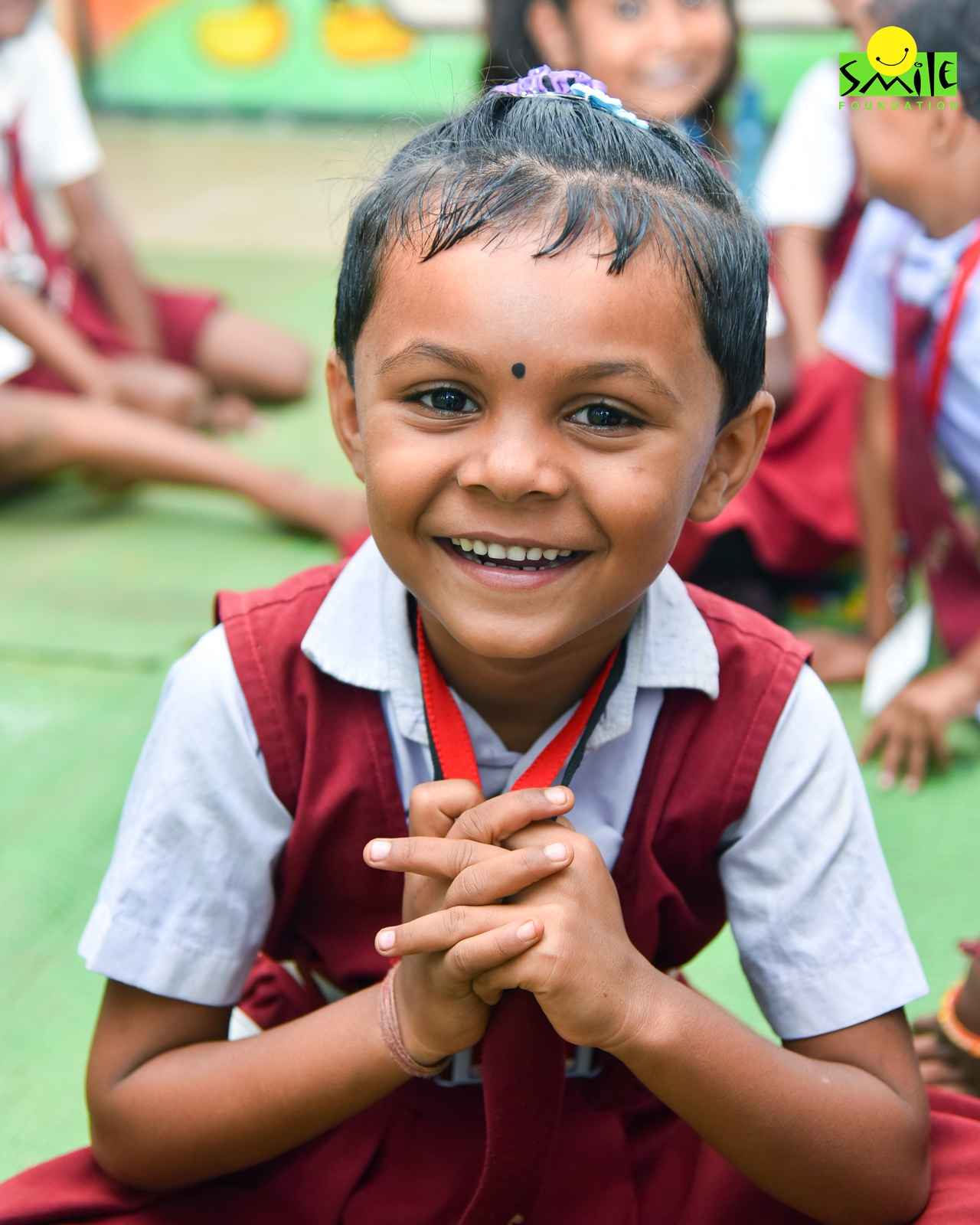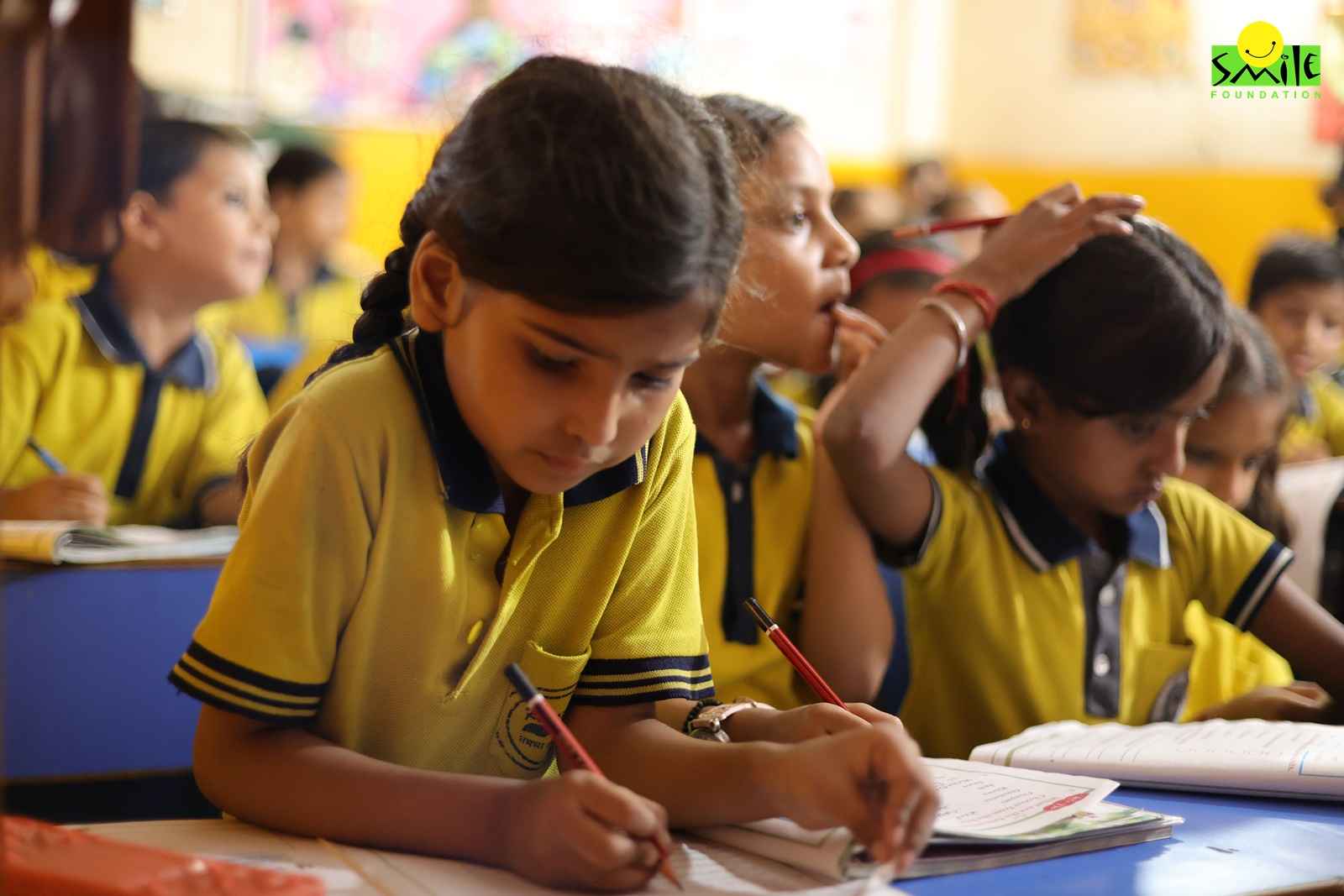In the pandemic-hit world, education has got a whole new meaning. Distance learning, online classes, digital classrooms, app-based curriculum have taken over the traditional classrooms. This transition is having multi-fold impact on the children – not only in terms of their learning outcomes and cognitive abilities (in case of younger children), but also on their physical and mental well being. However, despite the challenges, teachers and educational institutions around the world are taking various measures to ensure that the children do not lose out on their education with the schools having been closed down for several months now and carry forward the approach of blended learning for the development of children.
However, in the case of underprivileged children, the situation is much more critical because of challenges like accessibility to smart phones and other digital modes, and also internet connectivity. In addition to this, teachers are not trained to conduct digital classes and parents are not equipped to support the children with their studies at home, being mostly illiterate themselves.
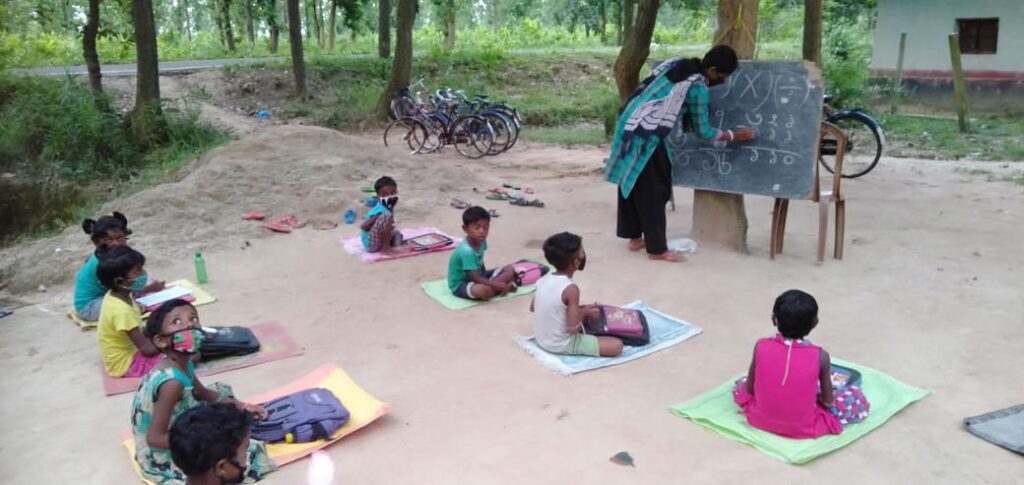
To better understand the situation on ground, Smile Foundation did a survey of 14,000 children enrolled in our Mission Education Programme and found out that 56% of our students do not have access to smart phones, 12% do not have access to any phones, and around 30% do not even have televisions. For many of these children, even getting enrolled into schools, in Mission Education centres has been a very difficult journey. Many of them have overcome issues such as child labour and child marriage besides poverty to reach classrooms. But with the schools closed, their progress has been impeded and this pause for them could mean dropping out of the fold of education forever.
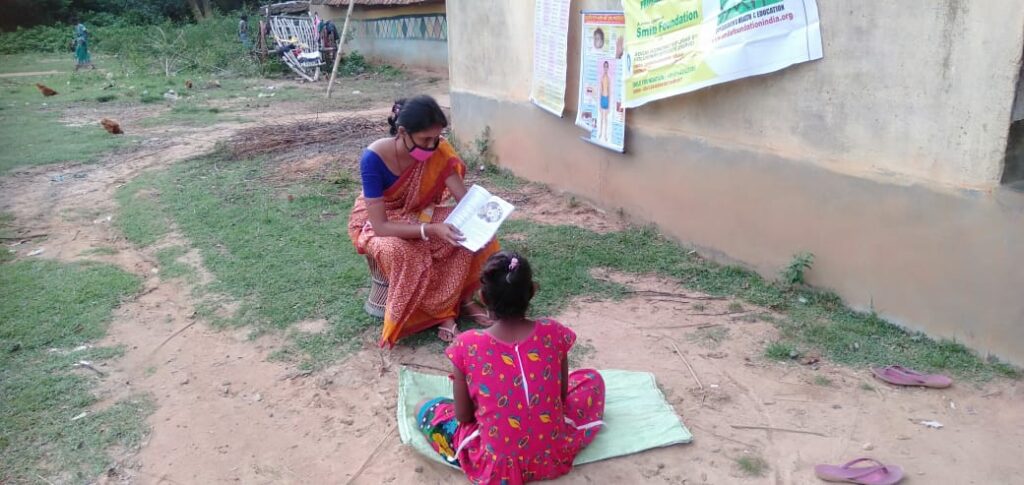
In this adverse situation, we are following blended learning, where customized solutions are being created for individual children. Besides smart phone based app-learning modules, cable-based television learning programmes, one-on-one mentoring, home visits, cluster learning sessions, projector based learning, and many other methods are being used by teachers to continue the education of children. Along with this, the teachers are also being trained and prepared for this new environment where digital education is going to be the way forward. The parents are also being counseled regularly on supporting their children’s education by allowing them to use whatever means are available at home.
Many children are also facing a difficult environment at home as their parents are out of job, so the children are also being positively engaged in different extra-curricular activities to ensure their mental well-being, and a regular helpline service is also being initiated to address their anxieties and concerns. Along with this several value education lessons are also being conducted for the overall development of the children into better human beings.
To know more about Smile Foundation’s education programme visit https://www.smilefoundationindia.org/education.html



